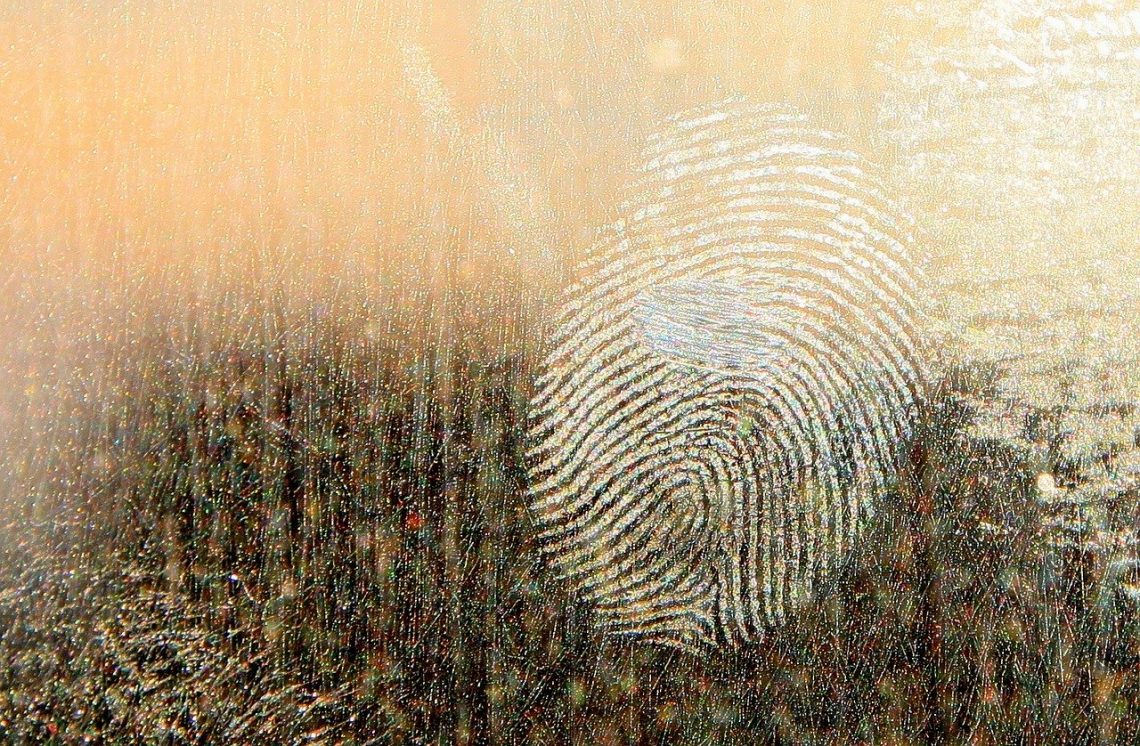On 29 March 2016 the district court Rotterdam ruled that an attorney convicted of illegal weapon possession could have a blog post reporting on this weaponary be forgotten.
Why?
Because he was convicted, the blog was reporting, and the indexing of Google thus concerned criminal data. Criminal data are special data, processing is in principle forbidden. Google should have been given permission!
This is a bizarre decision, but a consequence of the 2014 Costeja ruling by the ECJ. The ECJ considered Google a data processor. Special data (about sexual preferences, political taste, medical data, race, etc. are special data). It shows the basis of the Costeja ruling is wrong, or at least leads to undesired consequences. Even the WP29 indicated that criminal conviction data was likely to be longer relevant than other data. This might be so, but it may not be processed without permission.
As I understand, it is possible that a data processor get some sort of general exemption, which should definitely be applied to Google.
If not, Google may better stop indexing, for much information is special in terms of the Directive 95/46. The GPDR has a looser regime, but is not applicable yet, only in 2018.
Until that time, as long as Google does not get this special status, it may index far less documents than they did so far. An interesting one, as a member of the Ministry of Justice this afternoon suggested during a lecture, is pictures. Pictures are special data, according to the Dutch Supreme Court at least, because they show race.



